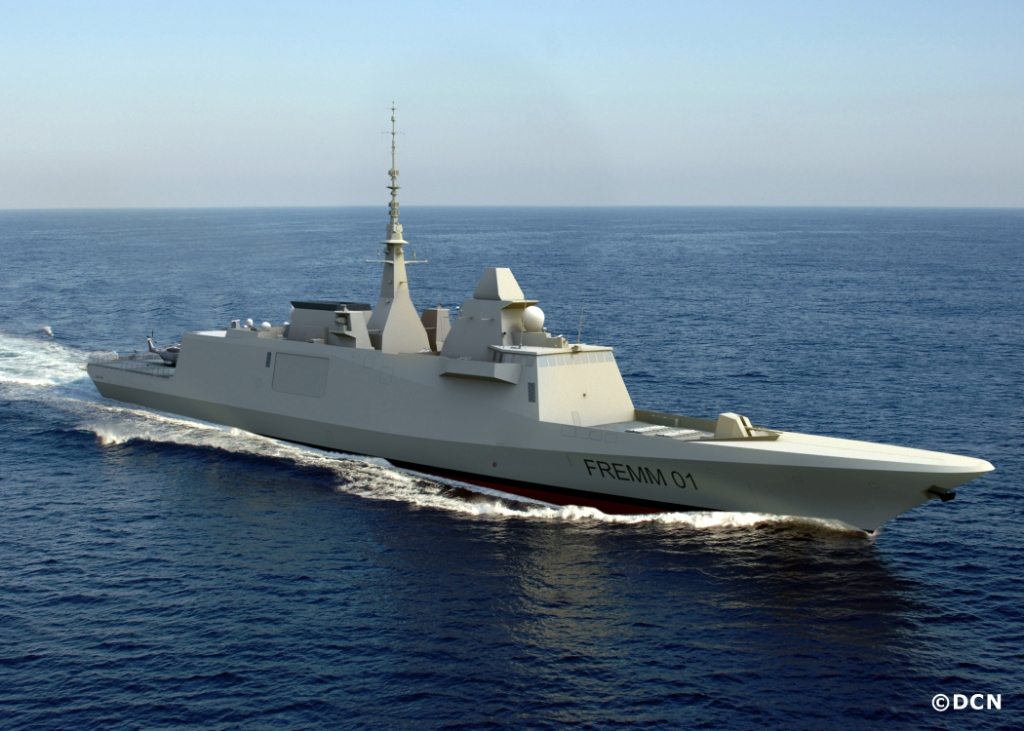NATO defence ministers agreed Tuesday to set up rapid reaction teams to help defend the military alliance against a growing number of cyber-attacks, many of them blamed on China.
“In the progress report we have adopted today, we agreed to establish rapid reaction teams that can help protect NATO’s own systems,” alliance head Anders Fogh Rasmussen said.
This “cyber-defence capability should be fully operational by the autumn,” Rasmussen told a press conference.
“This is a first phase. A second phase would be to look into how the alliance can respond to requests from Allies who come under cyber-attack,” he said.
Rasmussen stressed that cyber-security — the defence of the electronics information systems at the heart of modern warfare — remained the responsibility of its 28 member states.
But “this is a serious challenge (which)… can have devastating consequences,” he said, adding that NATO suffered more than 2,500 attacks last year.
“An attack on one ally, if not dealt quickly, can affect us all.”
The cyber-security issue is top of the agenda for a two-day defence ministers’ meeting at NATO headquarters in Brussels.
US Defense Secretary Chuck Hagel, attending his first NATO meeting since taking office, on Saturday accused China of waging cyber-espionage against the US after an American report found evidence of a broad Chinese spying campaign against top US defence contractors and government agencies.











